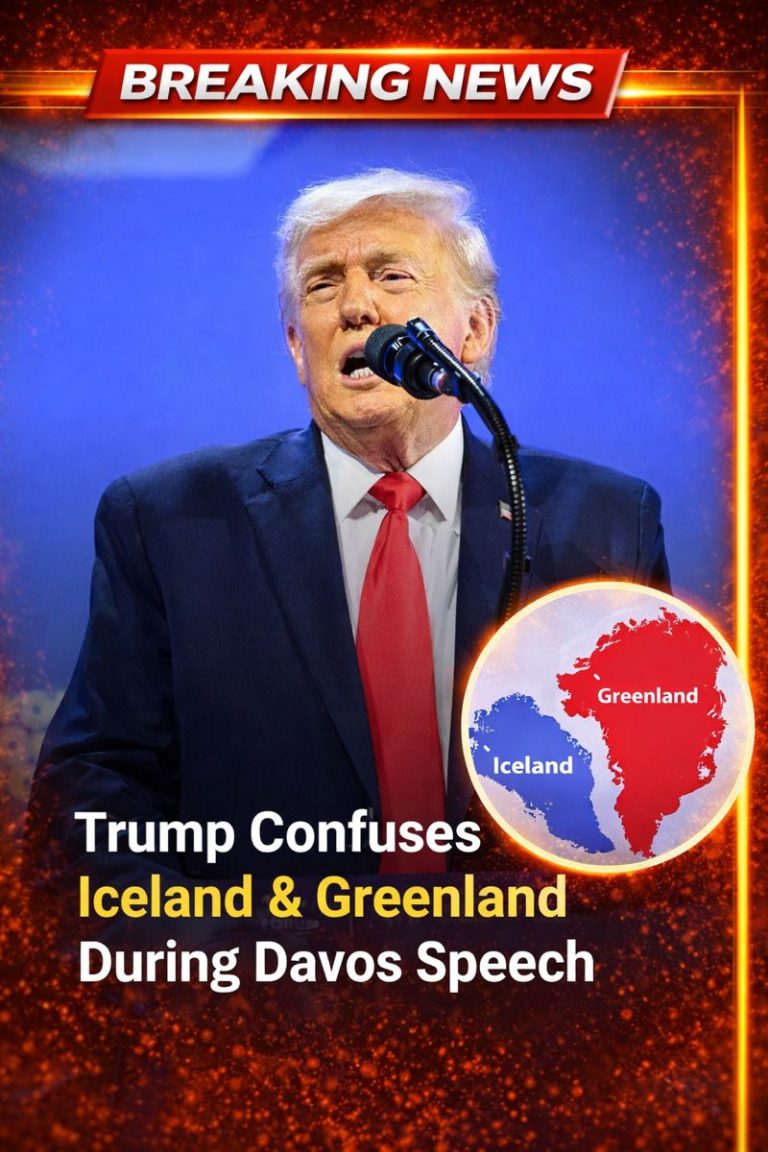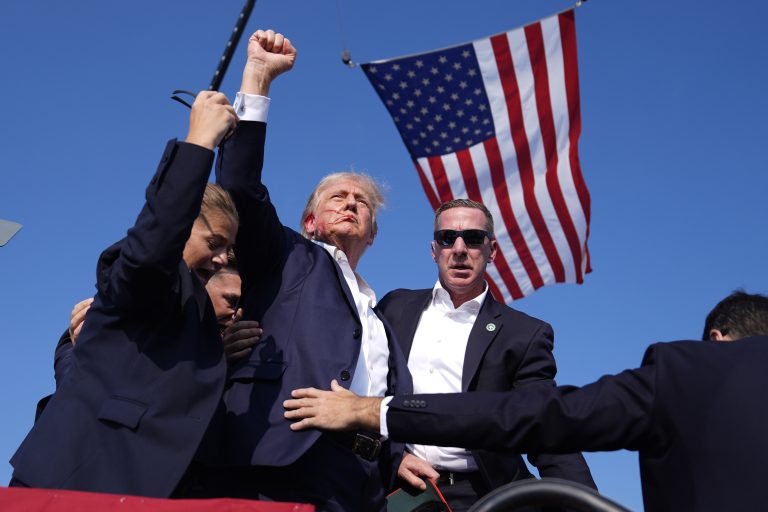Declassified Report Sparks Controversy Over 2016 Election Intelligence and Campaign Strategy
A newly declassified intelligence report has reignited debate about foreign interference in the 2016 U.S. presidential election. The document, released by Director of National Intelligence Tulsi Gabbard, examines the complex roles of campaign strategy, media, and international espionage.
The report suggests Russian officials accessed internal Clinton campaign communications, including sensitive discussions about Hillary Clinton’s health and her ability to endure the rigorous campaign. Despite having this material, Russian intelligence allegedly chose not to release it.
Russian leadership reportedly believed Clinton was likely to win the election and decided against publicizing the information. This revelation raises questions about foreign intent and how U.S. intelligence agencies communicated threats during the election.
The report also details how Clinton’s campaign developed a strategy to link Donald Trump to Russian operatives. This effort aimed to divert public attention from her own email controversy, illustrating how intelligence can be leveraged for narrative advantage.
Such tactics have prompted ethical concerns about the use of sensitive information and its effect on public trust. Senator Roger Marshall stated that Americans deserve clarity on how intelligence was handled and whether it was influenced by political motives.
In response, the Department of Justice has established a task force to review the declassified materials. The group will examine potential misuse of intelligence by U.S. officials and possible efforts to shape media narratives.
The findings underscore the need for transparency, accountability, and stronger safeguards to protect democratic processes. Ensuring intelligence is used responsibly remains vital to maintaining public confidence in electoral systems.






